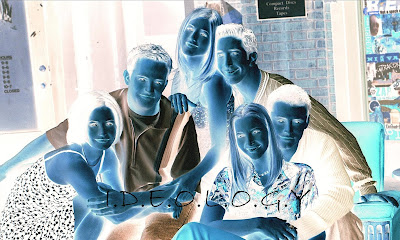Barack Obama’s Promised Land: The Empire in Blackface

This is the last of my end of the year trimmings (in other words pieces that I wrote throughout 2021 but did not publish). It is also the last of a series of commentaries I wrote on Obama's memoirs, A Promised Land. While a lot has been written about the book, I feel that the question of empire has not been centred enough in extant reviews and commentaries. This is what I try to do here. The Black President, the White House, and the Parable of the Two Butlers In his reminiscence of the early days of his presidency, Barack Obama recounts the story of two black butlers who showed excess diligence in their service of their first African American “first family.” Against the Obamas’ attempts that their butlers lighten up while serving them, one of the butlers responded “We just want to make sure you’re treated like every other president,” while the other emphatically charged “See, you and the First Lady don’t really know what this means to us, Mr. President. Having you here…You...



